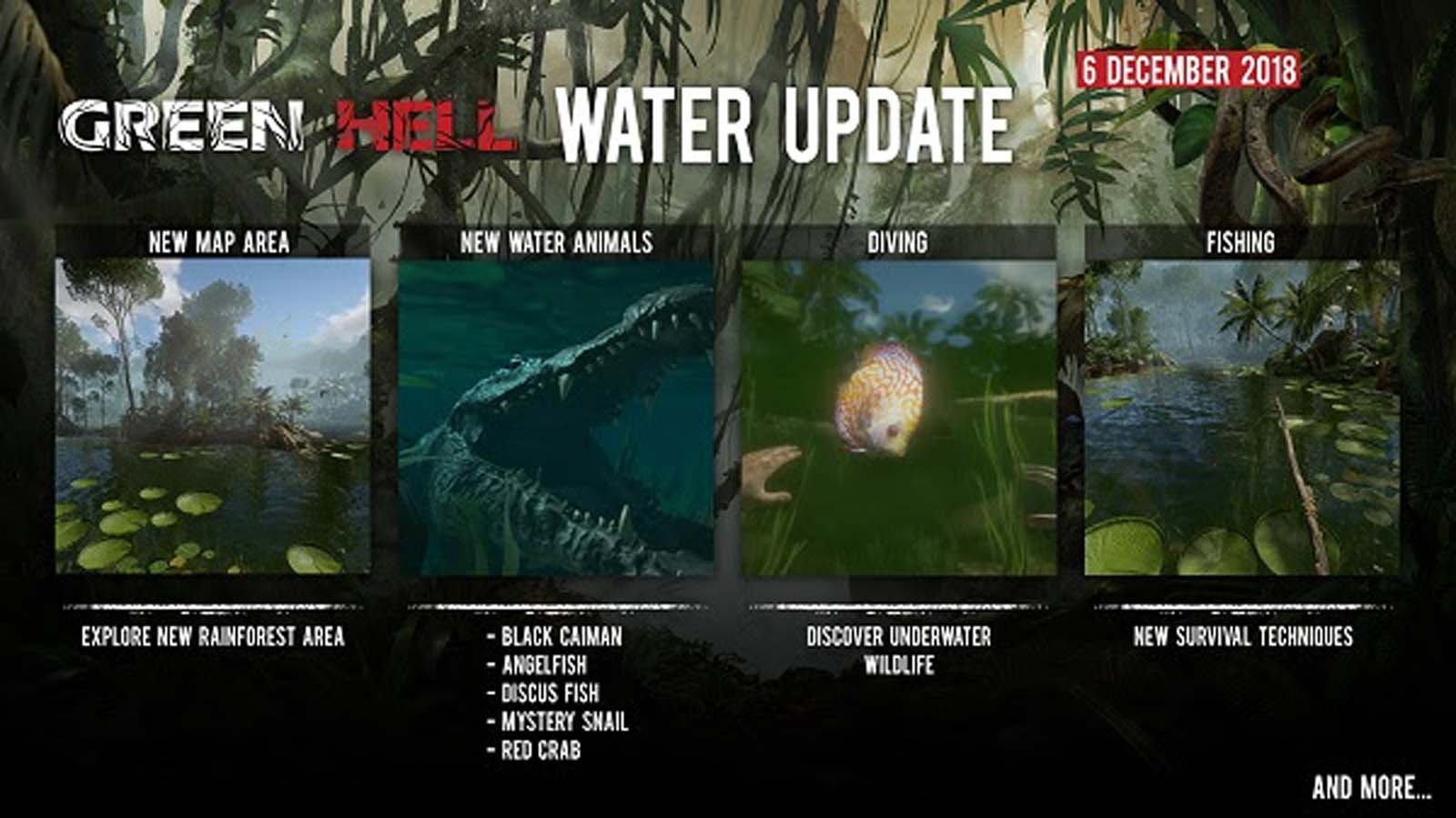

Hmm, I have noticed that the 'large stick fish traps' tend to catch angelfish and discus often. If anyone has caught Arowana with the pole trap, comment please. Just bait and walk away (or sleep for an hour or two). You can catch Bass with discus, or Piranha with mushrooms. I've only caught Piranha and Bass with it, but the bait didn't matter nor did the location. As far as I can tell, its actually random what you get. The fishing pole trap is different though. Not sure about Haven.ĭiscus and/or Angelfish can be found in weedy (grass/seaweed stuff) locations in those areas, in weedy locations in the streams - often near the waterfalls - and near mangrove roots. So far have only found Piranha at the Fishing Dock river, Bass at the Oasis (near drug lab) and Arowana in the new Lagoon zone. This is for the fishing rod, and only works if the fish in question is visible in the water in the location the lure is cast. Orange Cup Mushroom: Arowana, Peacock Bass. About 90% of the world’s traded goods are transported by sea.Might as well start a new topic with my research about fishing. Piracy cost the shipping industry $9bn a year and poses a major security threat. “If our arguments are correct, and sea temperatures continue to rise into the foreseeable future, the struggle against piracy in east Africa will become increasingly difficult,” the paper said. “For the governments of Somalia and Kenya and coastal states in east Africa, this is a pressing issue that needs to be addressed,” Jiang said.
#Green hell fishing how to#
It also raised questions over how to help fishers.

The link between warming seas, fisheries and pirate attacks was significant, even after controlling for other influences such as economic stress, private security guards on board, and local political corruption, the authors said. There are a lot of fishermen in nearby waters who are known as ‘standby pirates’.”

“But there is evidence from other researchers that some fishermen drift into it, depending on how fishing is going.”īo Jiang, an assistant professor in the faculty of social sciences at the University of Macau and the lead author of the study, said: “I grew up in Singapore. “You tend to think either you are a criminal or a non-criminal,” said LaFree. Previous studies quoted in the paper show that fishers, who already have seafaring skills and are some of the poorest communities in the world, are targeted by criminal syndicates engaged in piracy. “I was surprised by how rapidly those changes are occurring, especially when you think of climate change most likely accelerating in the future.” “In a timeline of roughly 20 years, we’re picking up statistically significant, measurable differences,” LaFree said. There, fish populations have increased and piracy rates have declined. But rising sea temperature had the opposite effect in the South China Sea. In east Africa, where fish populations are declining due to warmer seas, piracy rates have increased. The study, which looked at more than 2,000 attacks in east Africa and the South China Sea over the past 20 years, found the trends in piracy were linked to the impact of warmer seas on fish stocks. “We did a multi-varied analysis to see whether the underlying theory was statistically significant and it is.” “We wanted to test the hypothesis: does piracy increase when fish production declines and decrease when fish production increases?” said LaFree. This phenomenon created a “rare natural experiment” in which to test the links between climate breakdown and piracy risk, according to Gary LaFree, a professor of criminology and criminal justice at the University of Maryland, and one of the co-authors of the paper, published in the American Meteorological Society journal, Weather, Climate, and Society (WCAS).


 0 kommentar(er)
0 kommentar(er)
